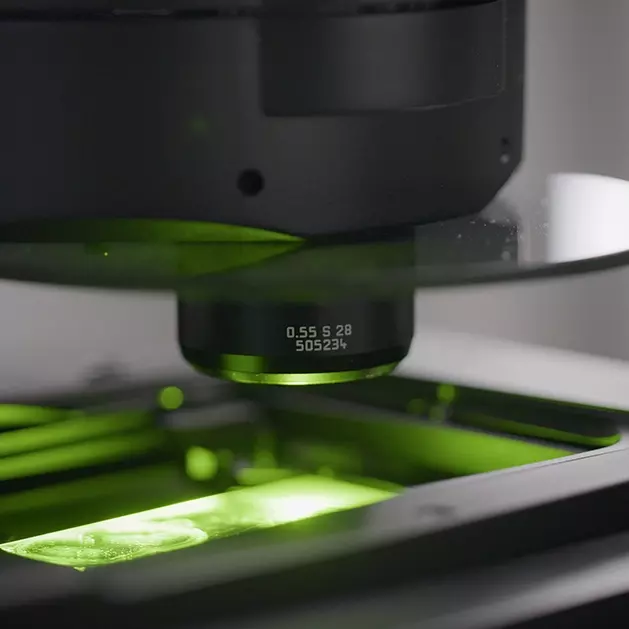Antibodies against misfolded and aggregated proteins have potential in several diseases
BioArctic´s scientists are working systematically to solve the major challenges around disorders of the central nervous system. Our knowledge of how to develop antibodies against misfolded and aggregated proteins can be used against several diseases, and the company is carrying out a number of early research projects to evaluate the possibility of producing new treatments for various CNS disorders.
The antibody lecanemab, which is being developed for treatment of early Alzheimer’s disease, is also being evaluated in the preclinical phase as a potential treatment of cognitive impairment in Down’s syndrome and Traumatic brain injury (TBI). During 2021, research results were presented showing that adults with Down’s syndrome who have developed dementia have significantly elevated levels of the soluble aggregated form of amyloid-beta – protofibrils – compared with control groups. The research thus provides some support for lecanemab also being of benefit to these individuals. BioArctic owns the rights to lecanemab for indications other than Alzheimer’s disease.
The area of application for drug candidate BAN0805 could be expanded to include diseases such as Lewy body dementia and Multiple system atrophy.
BioArctic has initiated a project focused on enzyme replacement therapy for Gaucher’s disease in combination with the company’s Brain Transporter technology, called GD-BT6822.

